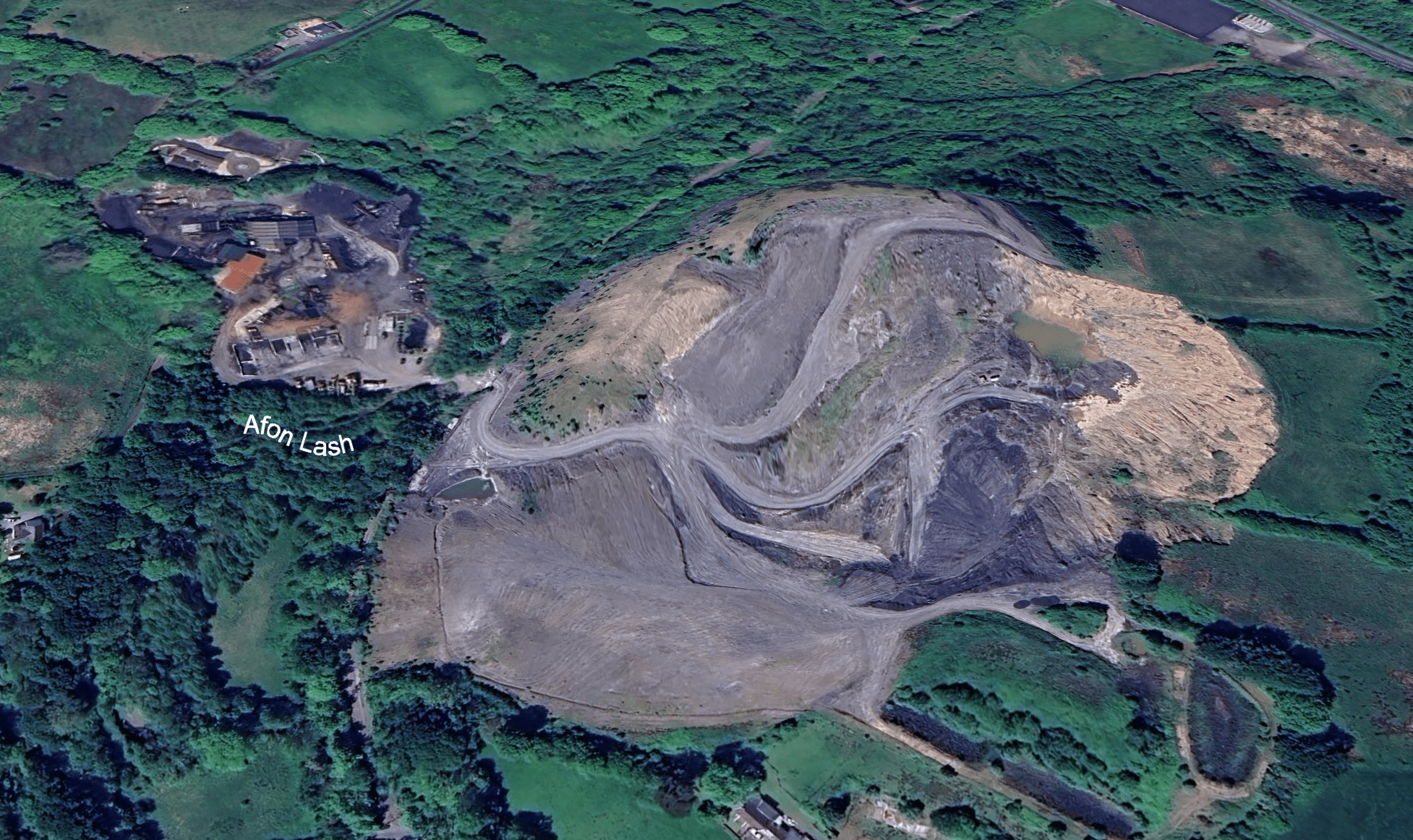The decision reflects the Council’s ongoing commitment to climate leadership, protection of rare habitats, and the health and wellbeing of surrounding communities.
Second Application Rejected
This was the company’s second application following the unanimous rejection by Councillors of its first proposal in September 2023.
The latest application reduced the amount of coal to be mined from 95,000 tonnes to 85,000 tonnes, with a slightly smaller excavation area. However, it remained incompatible with Wales’ coal policy.
By rejecting this application, the Council has prevented the release of hundreds of thousands of tonnes of CO₂ and methane, as well as exhaust emissions from years of heavy machinery operation.
The would-be commercial buyers of this coal supply international markets, contributing to the continued global dependence on coal, even as the UK transitions toward cleaner energy and improved air quality.
Environmental and Community Impacts
Beyond emissions, the proposed extension would have destroyed an additional 2.5 hectares of woodland, including parts of listed ancient woodland, and over 400 metres of hedgerow habitat.

With the closest homes just 30 metres from the site, the proposal was incompatible with the Welsh Government’s 500-metre minimum buffer zone designed to protect communities from noise, dust, and air pollution.
Bryn Bach Coal Ltd originally committed to begin restoring the site in 2018, but delayed restoration with successive extension attempts. These delays have contributed to a decline in local habitats, including those supporting the threatened Marsh Fritillary butterfly, whose UK populations have fallen by 64% since 2005.
This latest rejection paves the way for site restoration to finally begin — returning the land to benefit both nature and the local community.
Alignment with Climate and Energy Policy
Carmarthenshire Council’s decision aligns with:
-
Welsh Government policies on air quality, coal, climate, and nature recovery;
-
The UK Government’s commitment to prevent new coal mining licences; and
-
The global movement to phase out fossil fuels.
Currently, one large deep coal mine remains in operation in Wales — the Aberpergwm mine in Glyn Neath, permitted until 2039.
UK Government statistics show consistent declines in both coal production and imports, highlighting that the UK is rapidly reducing coal use across all sectors.
Quotes
Philip Hughes, Local Campaigner:
“Following yet another year of record-breaking temperatures we are so grateful that Carmarthenshire County Council has rejected the application. As was mentioned by so many residents visiting the petition stall, we need to keep fossil fuels in the ground, create green jobs, and protect our beautiful county. Agreeing this application would have been disastrous on so many levels. Coal is our heritage but it is not our future.”
Daniel Therkelsen, Campaigns & Communications Manager:
“We congratulate the Council on making the right decision for the County’s sustainable future and local air quality. We worked alongside local campaigners and our friends in FOE Cymru to secure this outcome, and we’ll continue to engage in the restoration to ensure it is delivered to the standard promised, and to avoid the disastrous outcome currently unfolding at the Ffos-y-fran ex-opencast coal mine site in Merthyr Tydfil.”
Discover more from Carmarthenshire News Online
Subscribe to get the latest posts sent to your email.






